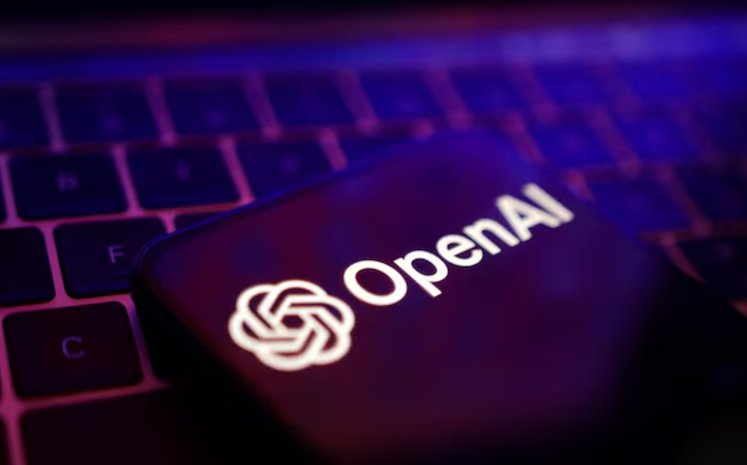A coalition of major Bollywood music labels, including T-Series, Saregama, and Sony Music, has filed a lawsuit against OpenAI, alleging unauthorized use of copyrighted sound recordings to train its AI models.
The case, filed in a New Delhi court, marks a significant legal challenge in the ongoing debate over artificial intelligence and intellectual property rights.
Claims of Copyright Violation
The lawsuit, backed by the Indian Music Industry (IMI), asserts that OpenAI has illegally utilized Bollywood recordings to develop its AI systems, including ChatGPT, without obtaining proper licensing.
The plaintiffs argue that this unauthorized use threatens the entire Indian music industry by allowing AI-generated content to replicate copyrighted materials.
T-Series, India’s largest music label, produces over 2,000 songs annually, while Saregama holds a vast catalog of legendary Bollywood tracks spanning decades.
Alongside Sony Music India, the companies claim that OpenAI’s practices undermine their ability to protect their intellectual property.
OpenAI’s Defense: Fair Use or Infringement?
OpenAI has maintained that its AI training methods fall under “fair use” guidelines and that it does not infringe on copyrights.
The company argues that it only uses publicly available data and does not provide access to full copyrighted songs or recordings.
However, similar claims have failed to appease music publishers worldwide, who fear that AI can extract lyrics, melodies, and compositions without authorization.
Legal Precedent and Global Implications
This case in India follows global copyright lawsuits against OpenAI, including:
- Germany’s GEMA lawsuit (2022): GEMA, which represents songwriters and publishers, accused OpenAI of using copyrighted lyrics without permission.
- ANI News India lawsuit (2022): The Indian news agency ANI alleged OpenAI used news content without licensing to train ChatGPT.
- U.S. Copyright Cases: Multiple American media companies have taken legal action against OpenAI over unauthorized data scraping.
Industry leaders, including Mukesh Ambani and Gautam Adani, have publicly backed legal efforts to ensure AI companies compensate content creators.
Potential Impact on AI and Copyright Law
Legal experts view this lawsuit as a landmark case that could define how AI companies operate in India. If the Bollywood music labels succeed, OpenAI may be required to pay licensing fees or alter its data collection practices.
With India being a key market for OpenAI, this legal battle could significantly shape global AI copyright regulations.
The case’s first hearing is scheduled for February 21, with the industry closely watching for a ruling that could set a precedent for AI-driven content creation and intellectual property rights.

